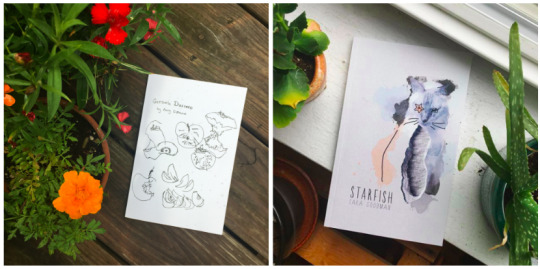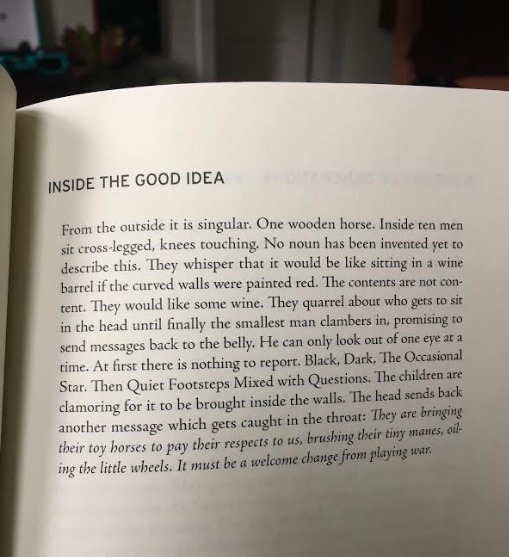#and the ducklings in both episodes are just running wild in the background in both episodes
Explore tagged Tumblr posts
Text
i just love the s6 episodes where things are in Wilson's and Cuddy's POV (6x10 and 6x14), just shows how badass both of them are
wilson in his caring, diplomatic and self-sacrificing way, constantly dealing with, not only being the head of the oncology department, but also with his patients who die practically everyday
cuddy in her analytical, strong-willed and dedicated way, conquering the world everyday from 9 to 5, being the head of the hospital and working not only on clinic but dealing with everything else as well at the same time
#theyre both girlbosses#house is gaslight mansplain and occasionally malewife#and its funny bc if u think about those eps and add them to all the other episodes where we see things in house's POV u can appreciate the#the flavor and uniqueness of huddy's and hilson's and wilson x cuddy's dynamics#wilson x cuddy: actual besties who rely on each other to vent and for advice cuddy even asked wilson for advice pertaining on the insurance#hilson: actual soulmates no one loves wilson more than house and vice-versa#huddy: friends who care about and are attracted to each other immensely#and the ducklings in both episodes are just running wild in the background in both episodes#house md#hugh laurie#robert sean leonard#rsl#hilson#huddy#wilson x cuddy#I Just Have A Lot Of Thoughts
239 notes
·
View notes
Text
Top 2018 Reads

I am immensely grateful for writers this year and the weird and difficult and beautiful and eye-opening worlds they take us.
I was delighted with the elegance of Ada Limon’s poems in The Carrying; and Megan Stielstra’s humor and optimism about creativity, community, and Chicago in The Wrong Way to Save Your Life; and the utter joy of language and love and owning who you are exuded throughout Jordy Rosenberg’s Confessions of the Fox; and the imagination of Octavia Butler, whose work I finally read (consumed? there is no one else like her! The Parable of the Sower had me in her world for weeks); and that’s basically one list of favorite reads. Here’s another:
1-2. I wish that Getting Dressed by Amy Lipman and Starfish by Sara Goodman were on every top list of 2018! I am biased, I suppose, knowing them and being/writing in community with them, but I truly believe that if you are craving that feeling of being welcomed into intimate moments via reading, these are books that will gift you this. Sara’s book takes you on a walk as she wanders Chicago in the winter and thinks about climate change and stars and woolly mammoths and queer identity. Amy’s book invites you into her home as she examines the relationships between objects, people, her patterns of thinking, shifting your own awareness of self: “The senses aren’t reliable / they’re flat until / someone walks in.” Both writers bring a sense of amazement and curiosity about their world that makes you see your environment differently.

3. The best word to describe Wild Milk by Sabrina Orah Mark is delicious. I tried to savor this book story by story so it wasn’t read up too fast. There are particular writers whose voices feel like a blanket tucked tight around you or like stepping into your own skin or anything else that is warm and holding and feels like entering home, and Mark’s characters and whimsical dialogue and sentences that repeat over and over like they’re weaving a basket--another container to hold you--does that for me. I have too many metaphors going on. Here are Mark’s own sentences: “Mrs. Horowitz always refers to her husband as Mr. Horowitz should they ever one day become strangers to each other” and “‘Could Gloria come to you?’ ‘Her magnificence makes this impossible.’” If you like very short stories which slip into fabulism, humor, and poignancy without you fully understanding how you got anywhere, then you should read this book. And, lucky you who hasn’t read her first two collections, continue on to read her other work.
4. God Was Right by Diana Hamilton. I can’t remember in what journal I first came across a poem of Diana’s which led me to follow her on social media about the time she announced a forthcoming book of “arguments” from Ugly Duckling Presse which I immediately preordered (what a century we live in!). But thank goodness it happened, because these are delightful essays / poems / arguments about kissing and cats and being bi and teaching consent and reading books for the second time. She writes about the pleasure of the familiar and about freely contradicting herself (or rather evolving in thought) throughout the book, as poems allow us to do. So begins one argument:
It is stupid to imagine that cats, or really anything, are perfect.
Sure, you are, and I am especially, occasionally stupid,
and it is right to be this kind of stupid when a cat is standing on your shoulders.
But when given the opportunity to reflect more calmly, in the absence of cats, it should be clear that there are ways cats could improve.
5. In The Word Pretty, Elisa Gabbert reflects on all the things we think about as readers and (for some of us) as writers but don’t articulate, such as how we picture descriptions or the point of titling work and how we interact with the front matter of a book or the ways in which the meaning of pretty has changed. Her short and funny(!!) essays remind me of grad school—not the rigorous work of academia itself (which isn’t to say there isn’t rigor in these essays, just that it flows effortlessly) but the late night musings between friends on what their favorite books are doing and how they do it. In reading this one book, you are immersed in dozens.
6. An empty pet factory and moons orbiting dumplings in a restaurant and god inventing a more flexible forgiveness are just some of the worlds Matthea Harvey has created in Modern Life. She breaks up her playful prose poems like the one below with a running long poem, a kind of alliterative abecedarium, on love and war and healing that begs to be read aloud, read slowly.

7. Tell Me How It Ends by Valeria Luiselli is great reading and background on the journey and challenges migrant children face when seeking refuge from violence in their home countries, told by a translator/interpreter in the US immigration court who is familiar with our limited system in providing refuge. I can't talk it up enough! It's a good place to start if you're wondering how we got here and what we can do, because as Luiselli states, it is “not some distant problem in a foreign country, but in fact a transnational problem that includes the United States."
8. Carmen Maria Machado’s debut of short stories, Her Body and Other Parties, is everywhere and for good reason. Women are sewn up in clothes, a plague moves through the United States while a narrator reflects on her past sexual encounters, and, In my favorite story, Law & Order episodes are retold with a cast of otherwordly victims which makes you question how much women are valued in our world.
9. Tommy Orange’s debut novel, There, There, is a story of several Indigenous people whose lives eventually intersect at a pow-wow in San Francisco. Orange’s characters are so vivid, real with their struggles of pain and addiction, and his writing retells the story of generations from the side of the oppressed. “This was the sound of pain forgetting itself in song,” writes Orange. I couldn’t put it down and wandered aimlessly after I finished it, wishing I was back in this world.
10. I can’t recommend Rebecca Solnit’s work enough, and while she came out with a fantastic book this year on activism and recent political events, it was an older book, The Faraway Nearby, that I couldn’t stop thinking about. She writes about the stories we tell of ourselves and the legends that have shaped our communities, of caregiving and memory, the states of emergency and becoming. Her essays wander through ice and a mountain of apricots and the story of Frankenstein, somehow threaded together because "all stories are really just fragments of one story." If it had been my copy, there would have been underlined portions on every page. As it was the library's, I just wrote down passages such as this one:
"Listen: you are not yourself, you are crowds of others, you are as leaky a vessel as was ever made, you have spent vast amounts of your life as someone else, as people who died long ago, as people who never lived, as strangers you never met. The usual 'I' we are given has all the tidy containment of the kind of character the realist novel specializes in and none of the porousness of our every waking moment, the loose threads, the strange dreams, the forgettings and misrememberings, the portions of a life lived through others' stories, the incoherence and inconsistency, the pantheon of dei ex machina and the companionability of ghosts. There are other ways of telling."
3 notes
·
View notes